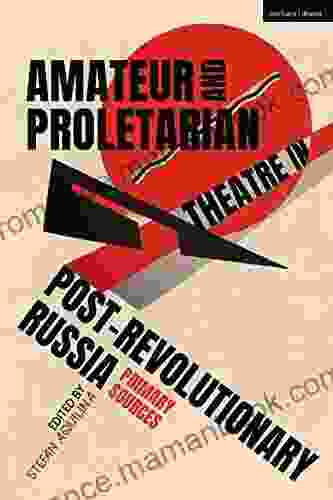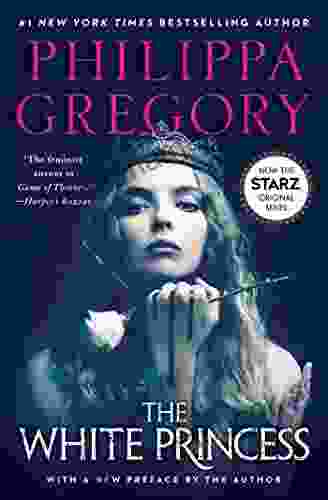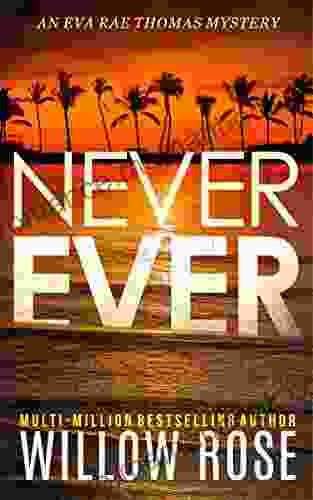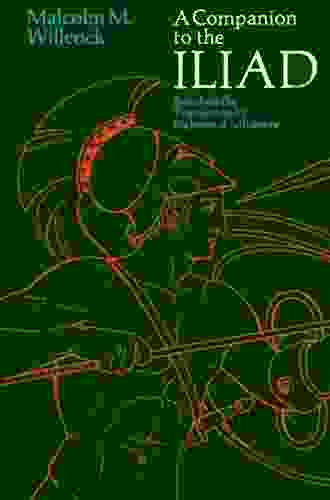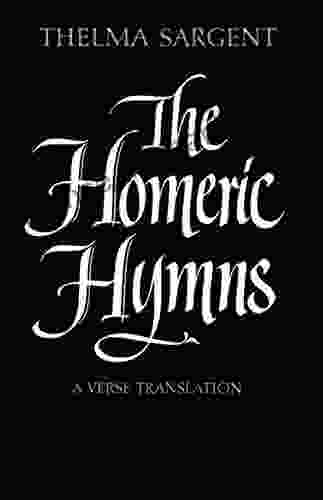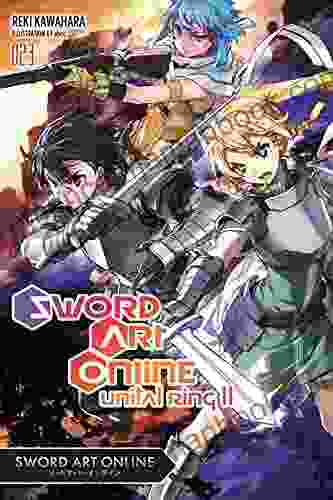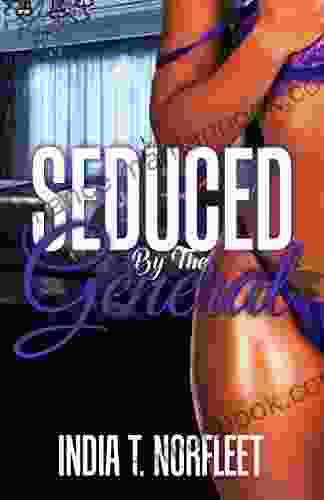Amateur and Proletarian Theatre in Post-Revolutionary Russia: A Revolutionary Awakening in Cultural Expression

Following the momentous Russian Revolution of 1917, the cultural landscape of the vast nation underwent a profound transformation. Amidst the political and social upheavals, theatre emerged as a potent force, reflecting and shaping the aspirations, conflicts, and hopes of a society in flux. Two distinct theatrical movements emerged during this extraordinary period: amateur theatre and proletarian theatre. These movements, while often intertwined, represented unique expressions of the revolutionary spirit and the evolving cultural identity of post-revolutionary Russia.
Amateur Theatre: Roots in the Revolutionary Soil
Amateur theatre, with its origins in the pre-revolutionary era, flourished in the post-revolutionary years as a form of self-expression and community building. Amateur theatre groups sprang up across the country, often organized by workers, peasants, and soldiers. These groups staged plays in factories, clubs, and community centers, reaching audiences hungry for entertainment and meaning amidst the social and economic upheaval.
4.3 out of 5
| Language | : | English |
| File size | : | 3119 KB |
| Text-to-Speech | : | Enabled |
| Screen Reader | : | Supported |
| Enhanced typesetting | : | Enabled |
| Word Wise | : | Enabled |
| Print length | : | 233 pages |
| Hardcover | : | 288 pages |
| Item Weight | : | 1.44 pounds |
| Dimensions | : | 6 x 1.05 x 9 inches |
Amateur theatre provided a platform for ordinary people to express their voices and engage with the pressing issues of the day. The plays they performed often explored themes of revolution, class struggle, and the search for a new social order. They celebrated the heroism of the revolutionary masses and sought to inspire and educate their audiences.
Proletarian Theatre: A Revolutionary Art for the Masses
Proletarian theatre, closely aligned with the socialist ideology of the Bolsheviks, emerged as a form of theatre specifically tailored to the working class. It aimed to create a theatre that was accessible, engaging, and politically relevant to the proletariat. Proletarian theatre groups were often affiliated with trade unions and workers' organizations.
The plays staged by proletarian theatre groups focused on the struggles and experiences of the working class. They depicted the harsh realities of factory life, the exploitation of workers, and the fight for a better future. Proletarian theatre sought to raise class consciousness and mobilize workers for revolutionary action.
Intersections and Distinctions
While amateur theatre and proletarian theatre shared common goals of social engagement and political consciousness-raising, they also had distinct characteristics. Amateur theatre was more decentralized and spontaneous, with a focus on community participation and self-expression. Proletarian theatre, on the other hand, was more structured and organized, with a clear ideological agenda and a focus on mobilizing the masses.
Despite their differences, amateur and proletarian theatre often overlapped and complemented each other. Many amateur theatre groups incorporated elements of proletarian theatre into their productions, and proletarian theatre groups often relied on amateur performers to fill their ranks. Together, these movements created a vibrant and diverse theatrical landscape that reflected the complexity and contradictions of post-revolutionary Russia.
Key Figures and Notable Productions
Among the notable figures of amateur theatre in post-revolutionary Russia was Fyodor Chaliapin, a renowned opera singer and actor who performed in amateur productions and supported the development of young performers. Proletarian theatre, meanwhile, was led by figures such as Vsevolod Meyerhold and Aleksandr Tairov, who developed innovative theatrical techniques to engage working-class audiences.
Some of the most famous productions of amateur theatre in post-revolutionary Russia included "The Lower Depths" by Maxim Gorky, a play that depicted the lives of the urban poor, and "The Armored Train" by Vsevolod Ivanov, a play that celebrated the heroism of the Red Army. Proletarian theatre produced influential works such as "The Storm" by the Proletkult Theatre, which explored the tensions between the old and new order, and "The Battle for the Commune" by the Meyerhold Theatre, a large-scale spectacle that reenacted the October Revolution.
Legacy and Impact
The amateur and proletarian theatre movements in post-revolutionary Russia left an indelible mark on Russian culture. They provided a platform for marginalized voices to be heard and contributed to the development of a new Soviet cultural identity. The techniques and ideas developed during this period influenced subsequent generations of Russian theatre practitioners.
Amateur theatre in particular played a vital role in preserving traditional folk arts and traditions that might otherwise have been lost. It also fostered a sense of community and artistic expression among ordinary people, empowering them to shape their own cultural identity.
Proletarian theatre, despite its decline in the later years of the Soviet Union, had a lasting impact on political theatre and agitprop techniques. Its legacy can be seen in the work of contemporary theatre groups that engage with social and political issues.
Amateur and proletarian theatre in post-revolutionary Russia were dynamic and multifaceted movements that reflected the social and political transformations of the era. They provided a platform for self-expression, social engagement, and revolutionary consciousness-raising. The plays staged by these movements captured the hopes, struggles, and aspirations of a society in flux. Their legacy continues to inspire and influence theatre makers and audiences today.
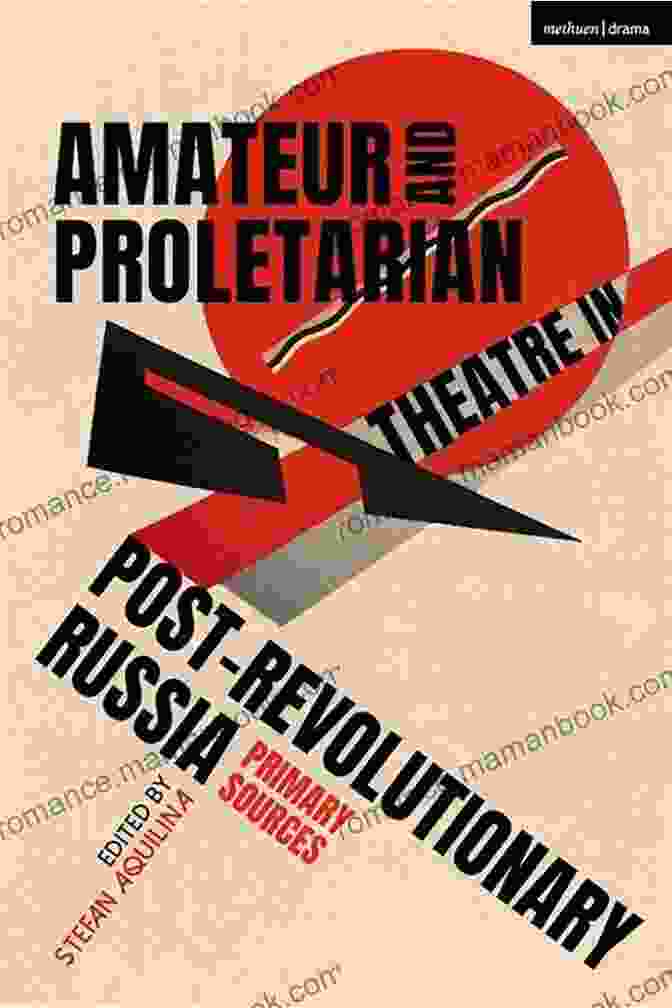
4.3 out of 5
| Language | : | English |
| File size | : | 3119 KB |
| Text-to-Speech | : | Enabled |
| Screen Reader | : | Supported |
| Enhanced typesetting | : | Enabled |
| Word Wise | : | Enabled |
| Print length | : | 233 pages |
| Hardcover | : | 288 pages |
| Item Weight | : | 1.44 pounds |
| Dimensions | : | 6 x 1.05 x 9 inches |
Do you want to contribute by writing guest posts on this blog?
Please contact us and send us a resume of previous articles that you have written.
 Top Book
Top Book Novel
Novel Fiction
Fiction Nonfiction
Nonfiction Literature
Literature Paperback
Paperback Hardcover
Hardcover E-book
E-book Audiobook
Audiobook Bestseller
Bestseller Classic
Classic Mystery
Mystery Thriller
Thriller Romance
Romance Fantasy
Fantasy Science Fiction
Science Fiction Biography
Biography Memoir
Memoir Autobiography
Autobiography Poetry
Poetry Drama
Drama Historical Fiction
Historical Fiction Self-help
Self-help Young Adult
Young Adult Childrens Books
Childrens Books Graphic Novel
Graphic Novel Anthology
Anthology Series
Series Encyclopedia
Encyclopedia Reference
Reference Guidebook
Guidebook Textbook
Textbook Workbook
Workbook Journal
Journal Diary
Diary Manuscript
Manuscript Folio
Folio Pulp Fiction
Pulp Fiction Short Stories
Short Stories Fairy Tales
Fairy Tales Fables
Fables Mythology
Mythology Philosophy
Philosophy Religion
Religion Spirituality
Spirituality Essays
Essays Critique
Critique Commentary
Commentary Glossary
Glossary Bibliography
Bibliography Index
Index Table of Contents
Table of Contents Preface
Preface Introduction
Introduction Foreword
Foreword Afterword
Afterword Appendices
Appendices Annotations
Annotations Footnotes
Footnotes Epilogue
Epilogue Prologue
Prologue Paolo Cuciniello
Paolo Cuciniello Judy Rodgers
Judy Rodgers Kit Ludlow
Kit Ludlow David Rattray
David Rattray Gloria Daniels
Gloria Daniels David Grann
David Grann Marcus Rediker
Marcus Rediker Paul Gallagher
Paul Gallagher Donna Coker
Donna Coker S P Sipal
S P Sipal Hal Warfield
Hal Warfield Lawrence Raab
Lawrence Raab U A Fanthorpe
U A Fanthorpe Manuel Gallarzo
Manuel Gallarzo Kaci Rose
Kaci Rose Ck Dawn
Ck Dawn Atif Mian
Atif Mian Susan Straight
Susan Straight R Nelson Nash
R Nelson Nash Deborah Middleton
Deborah Middleton
Light bulbAdvertise smarter! Our strategic ad space ensures maximum exposure. Reserve your spot today!
 Gary ReedFollow ·7.5k
Gary ReedFollow ·7.5k Jorge Luis BorgesFollow ·18.9k
Jorge Luis BorgesFollow ·18.9k Denzel HayesFollow ·3.9k
Denzel HayesFollow ·3.9k Gene SimmonsFollow ·4.6k
Gene SimmonsFollow ·4.6k Edward BellFollow ·12.2k
Edward BellFollow ·12.2k Anthony BurgessFollow ·13.2k
Anthony BurgessFollow ·13.2k Nick TurnerFollow ·6.9k
Nick TurnerFollow ·6.9k Eddie PowellFollow ·9.7k
Eddie PowellFollow ·9.7k
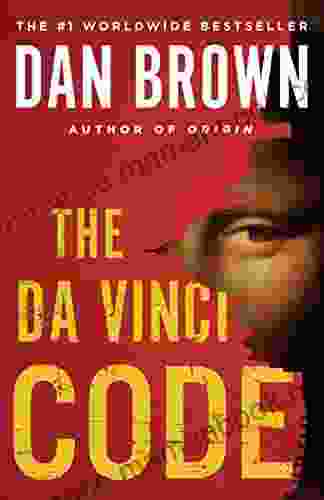
 Jared Nelson
Jared NelsonThe Da Vinci Code: A Literary Odyssey into the World of...
A captivating image of The Da Vinci Code...
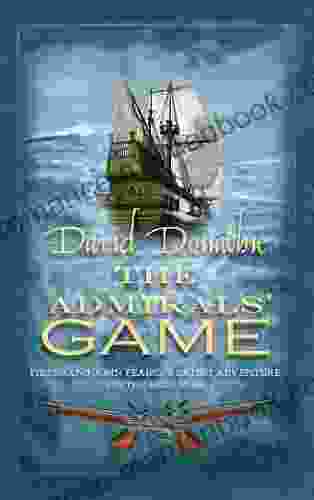
 Harvey Bell
Harvey BellJohn Pearce: An Action-Packed Maritime Adventure
Join John...
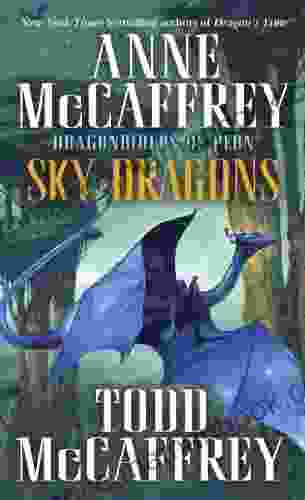
 Ken Follett
Ken FollettSky Dragons: Unveiling the Majestic Creatures from the...
In the ethereal world of Anne McCaffrey's...

 Blake Bell
Blake BellEasy And Delicious Baking Recipes You Can Effortlessly...
Baking can be a great way to relax and...
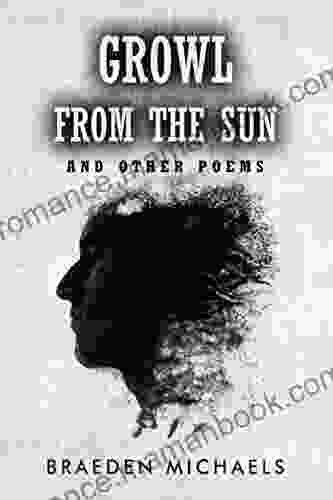
 Maurice Parker
Maurice ParkerUnveiling the Profound Insights and Lyrical Beauty of...
In the realm of contemporary poetry, "Growl...
4.3 out of 5
| Language | : | English |
| File size | : | 3119 KB |
| Text-to-Speech | : | Enabled |
| Screen Reader | : | Supported |
| Enhanced typesetting | : | Enabled |
| Word Wise | : | Enabled |
| Print length | : | 233 pages |
| Hardcover | : | 288 pages |
| Item Weight | : | 1.44 pounds |
| Dimensions | : | 6 x 1.05 x 9 inches |


